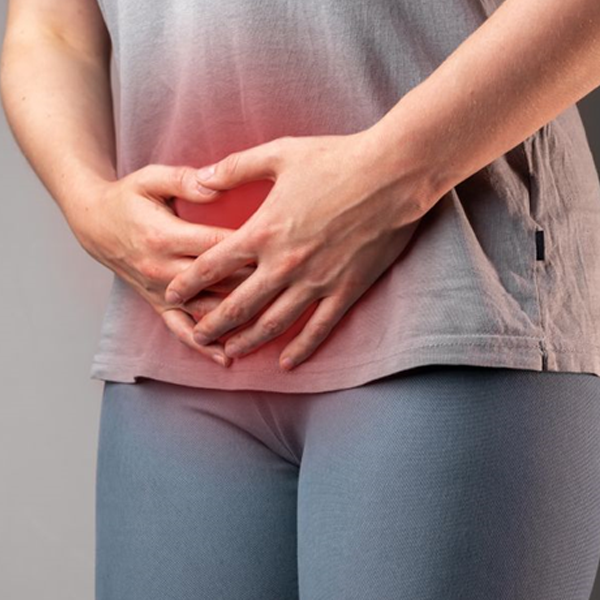Diagnosis of IC/BPS
To diagnose IC/BPS, your urologist or urogynecologist will start by reviewing your medical history and symptoms. They will inquire about the pattern and intensity of your pain, as well as any urinary issues. Several lab tests may be done to rule out other conditions.
One special diagnostic procedure is cystoscopy with hydrodistension, in which the bladder is filled with fluid to help identify signs of IC/BPS. This procedure can also help provide temporary symptom relief.
Treatment for IC/BPS
There is no cure for IC/BPS, but symptoms can be managed with various treatments. Most women with IC/BPS require multiple therapies to control their pain and urinary symptoms. Fortunately, IC/BPS is not life-threatening and does not cause cancer, decrease lifespan, or affect fertility. The primary goal of treatment is symptom management.
Dietary Considerations
Certain foods and drinks may irritate the symptoms of IC/BPS. Identifying and avoiding these triggers can help control flare-ups. Common dietary triggers include:
- Caffeine
- Alcohol
- Spicy foods or tomato-based dishes
- Citrus or acidic foods
Each woman may have different sensitivities, so identifying personal triggers through trial and error can be helpful.
Stress Management
Stress is known to worsen IC/BPS symptoms, so stress management is an important part of treatment. Activities that may help reduce stress include:
- Meditation
- Yoga
- Hypnosis
- Acupuncture
- Regular walks
It’s important to find time for relaxation and stress relief regularly.
Pelvic Floor Physical Therapy/Myofascial Release Therapy
A specially trained women’s health physical therapist can perform manual techniques to help relieve pelvic pain. This type of therapy works by loosening tight pelvic floor muscles and tissues. Women with IC/BPS should avoid pelvic floor strengthening exercises (such as Kegels) unless under the supervision of a physical therapist, as these exercises may exacerbate symptoms.
Other Treatments
In addition to the therapies mentioned, your physician may recommend other treatments for IC/BPS, including:
- Medications
- Bladder instillations (medicines inserted directly into the bladder)
- Cystoscopy under anesthesia
- Neurostimulation therapy
- Botox injections
- Surgery (in severe cases)
These treatment options will vary depending on the severity of symptoms and the response to other therapies.
Managing IC/BPS involves a combination of lifestyle adjustments, therapeutic approaches, and medical treatments. If you suspect you have IC/BPS or are struggling with related symptoms, it is important to consult with a healthcare provider to develop an effective treatment plan tailored to your needs








